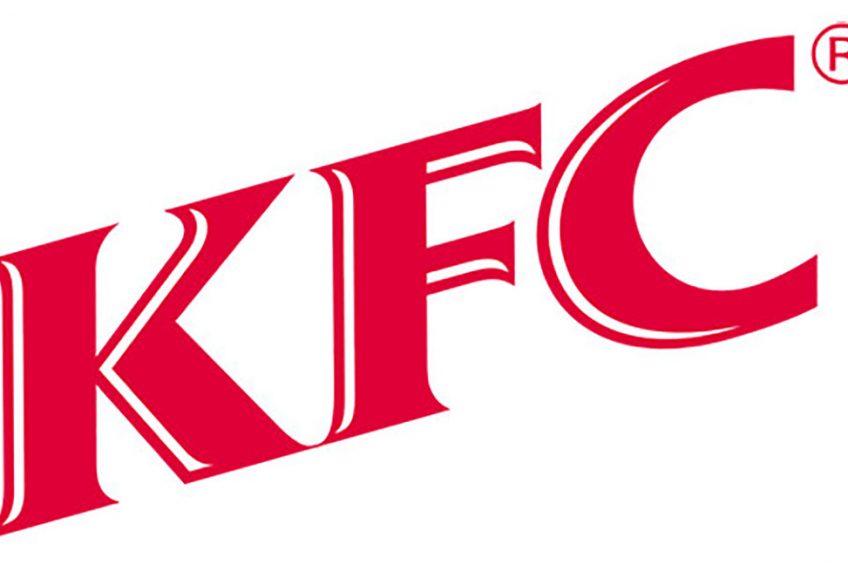Slow-growing birds are fast becoming mainstream

In June KFC signed up to the Better Chicken Commitment in Europe. It marks a major change for the fast food giant that will see a shift in its supply of both domestically-produced poultry as well as that it imports. And it is perhaps a slightly different business to those that have signed up to date.
Here in the UK retailers Marks & Spencer and Waitrose made the commitment earlier this year, but they are premium-tier retailers and it could be said it was only a matter of time. But KFC represents a brand that has traditionally not heavily marketed its welfare credentials or spoken about its supply chain, making this a distinct shift.
The headline changes are that by 2026 it will have to move from sourcing conventional breeds of bird to slower-growing types and lowering stocking densities to 30kg/sq m. Other adaptations that are relatively common – at least in Western Europe – include the provision of windows, perches and bales. Thinning is discouraged but permitted once.
Also read: The nutritional needs of slow-growing birds
Sacrificing efficiency to improve welfare
The clear consequence of sacrificing efficiency to improve welfare outcomes is that a larger carbon footprint is required to produce a kilo of meat. Dutch retailers led the way with switching to slower-growing breeds back in 2014. Then it was considered a real niche but has since grown to be about 40% of production. In France, about a quarter of birds are grown slower, and in the UK the figure is about 11%, including free-range and organic.
Also read: Food Forward – is Animal Protein here to stay?
Consequences for the environment
But it’s worth considering the consequences to the environment. Research has suggested that if a third of broilers in the US were switched to slow-growing breeds, to meet the same demand 1.5 billion more birds would need to be produced, 7.6 million more acres would be required to feed them, another billion gallons of water would be needed to feed them and they would produce 28bn more tonnes of manure. It is clear a 2-tier market is emerging – developed countries are demanding higher welfare while the rest of the world is happy just to have food on the table.












